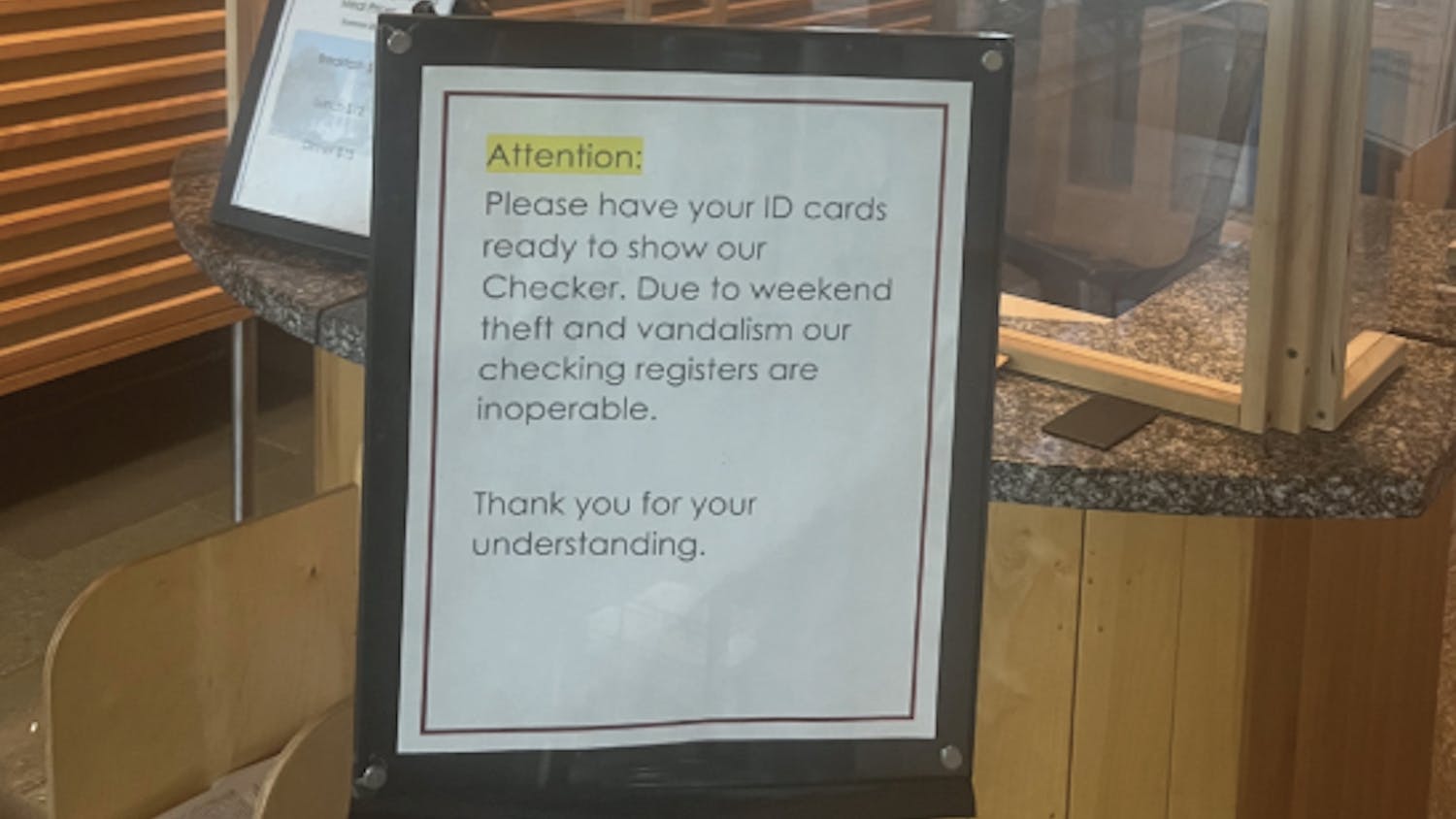Author: Cara Lovell
Next year, Julie Hand '01.5 will be racing in the Dragon Boat Festival in New Zealand and dancing in street parades in Mexico. Dane Springmeyer '02 will be surveying hundreds of thousands of Palearctic raptors congregating near the Strait of Gibraltar in Spain. Kelly Jewell '02 will be monitoring the threat of newly introduced red foxes in Tasmania. And that's just a sample of their adventures.
These plans were made possible by the prestigious Thomas J. Watson Fellowship Program, which funds a year abroad to pursue an innovative and in-depth independent project. Hand, Springmeyer and Jewell were nominated by Middlebury College and then selected by the Watson Fellowship Program to receive the $22,000 grant.
The purpose of the Watson Fellowship is to provide graduating seniors at 50 participating colleges with the opportunity to design and carry out an entire year of travel and study. Each student must thoroughly develop an imaginative yet viable idea, which should incorporate his or her academic backgrounds and interests but not necessarily a defined field or career path. The fellows may not return to their home country at any point during the year, and must send quarterly and final reports to the Watson Fellowship Program.
The Watson Fellowship is popular among Middlebury students, and thus very competitive. Thirty-nine seniors applied, and the selection committee — consisting of Pieter Broucke, assistant professor of art history, Don Mitchell, lecturer in English and theater, Stephen Trombulak, Mead professor of biology and environmental studies, Arlinda Wickland, director of student fellowships and scholarships and the late Erica Wonnacott, dean of students emerita — could only nominate four.
Hand will be traveling to Vietnam, Madagascar, Mexico and New Zealand to study "Chinese Festivals Overseas: Motherland Celebrations and Hostland Inclusions." Springmeyer's project is titled, "Following Flyways: Exploring Global Raptor Migration" and involves travel in Spain, Egypt, Madagascar, Mongolia and Zimbabwe. Jewell will study "The Exotic Threat: Conservation of Nature Species in Island Environments" in Ecuador, Spain, Mauritius and Australia.
Hand said she was inspired at 4 a.m. one morning by a book from her grandfather, "What Color is Your Parachute?" by Richard Bolles, which advised readers about realistic career paths. She said she realized that "the natural answer" to her career beginning was the Watson Fellowship.
As an International Studies joint major in East Asian and Latin American Studies, Hand's proposal to study Chinese festivals in countries outside of China incorporated her varied interests in music, dance, design, writing and travel. Hand said she is interested in how Chinese culture and its host communities come together, change their traditions or isolate themselves during Chinese festivals. She said she will dance in street parades, cook, play instruments and design festival costumes, drawing on her background in music and Chinese instruments, various forms of dance, astronomy, Spanish and Chinese. Wickland said, "[Hand] is well poised to go beyond being an observer to fully participating in Chinese festivals."
Springmeyer, a joint major in environmental studies and geography, will use his detailed studies of raptor migration at important sites along their flyways to form conclusions about greater environmental and cultural concerns. By studying and recording the migration and breeding of raptors with regional scientists in Madagascar, Zimbabwe and Mongolia, Springmeyer said he would gain insight into the issues of conservation and sustainability. He is particularly interested in how international raptor migration highlights the way global, government and community pressures act upon the environment and each other.
Springmeyer will also study the ecological and cultural relationships between raptors and people by focusing on eco-tourism, especially in Egypt. He will address problems like the massive killing of raptors in ignorance by investigating the ways local communities balance their developing needs with raptor conservation and by considering the cultural role of raptors as well. Springmeyer said, "Overall, the project is a crystallization of my environmental concerns, a reflection of my interest in and awareness of other cultures, and an expression of my fascination for migratory bird life."
Jewell, a double major in biology and Spanish, was inspired to study the relationship between native and invasive island species because, "It is generally recognized that invasive species are one of the biggest current environmental problems and will increasingly be so." She said she plans to explore, first with professional researchers and conservation groups, the effects of invasive species on native ecosystems and the current protections and controls for these threats. For example, her work may include rehabilitating native species, monitoring populations and assisting breeding programs for species with dangerously low populations.
Jewell mentioned travel plans to Mauritius, the Canary Islands, Tasmania and the Galapagos Islands and said she will probably stay at field stations on the more isolated islands in each group.
She admitted her concern of becoming overly isolated, but considered the prospect of living alone as part of the excitement and challenge of being an independent Watson Fellow.
Wickland said of Jewell, "We were impressed by her poise and her realistic understanding of the environmental imperatives of the type of work she is committed to do."
Wickland continued, "I think [Middlebury's] interdisciplinary teaching and international focus draws students who seek an opportunity to explore an interest of personal, cultural, artistic or societal importance in countries outside the United States following graduation."
College Boasts Three Watson Fellows Hand, Springmeyer, Jewell to Embark on Innovative Adventures Abroad
Comments



